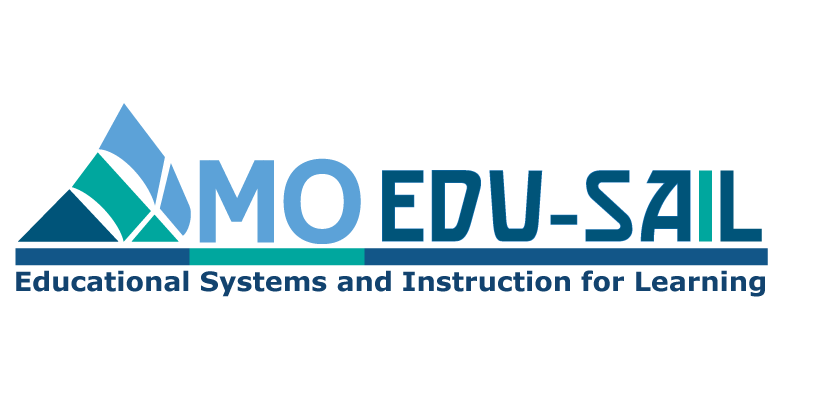IMPORTANCE OF DATA-BASED DECISION MAKING
When information about students is provided in a timely, useful manner, every adult working with a child is able to support that student’s learning more effectively.
Data Quality Campaign, 2016
Data about teaching and learning can transform educational practices. Teams that collaborate to use a continuous cycle of regularly collecting data, examining instruction, and reflecting on the data can ensure every child succeeds. Therefore, effective DBDM models address four essential functions:
- Collaboration,
- Data reflection,
- Instructional planning, and
- Reflection.
Below are five key recommendations from Using Student Achievement Data to Support Instructional Decision Making (Hamilton, Halverson, Jackson, Mandinach, Supovitz & Wayman, 2009).
Why are they important?
- Make data part of an ongoing cycle of instructional improvement.
- Teach students to examine their own data and set learning goals.
- Establish a school-wide data process that involves a clear focus, team approach, and supportive leadership.
- Build data support processes to cultivate a school-wide data-driven culture.
- Develop and maintain a district-wide data system.
DATA-BASED DECISION MAKING OVERVIEW
Can you Define these Key Terms?
DBDM Process
DBDM Process
The specific approach taken to use data to make informed decisions. The steps in this continuous cycle include collaborating to decide what data to collect, examining and interpreting data, determining instructional action steps, and using data to reflect and adjust.
Data
Data
Information, both descriptive and numerical, that can be analyzed and used to make informed decisions.
Data Meeting Protocol
Data Meeting Protocol
A series of specific steps and considerations a data team uses to analyze data during meetings.
Evidence of Learning
Evidence of Learning
Information gathered that affirms learning has taken place.
Instructional Action Plan (IAP)
Instructional Action Plan (IAP)
A detailed proposed strategy for improving instruction in order to achieve the best possible student outcomes.
Instructional Change
Instructional Change
Implementation of a different or revised instructional approach.
Impact of Instructional Change
Impact of Instructional Change
The effect or influence resulting from implementation of a different or revised instructional approach.
![]() Click here to download a copy of the Data-Based Decision Making Key Terms (https://www.moedu-sail.org/wp-content/uploads/2019/01/DBDM-Workbook_Key_Terms.pdf).
Click here to download a copy of the Data-Based Decision Making Key Terms (https://www.moedu-sail.org/wp-content/uploads/2019/01/DBDM-Workbook_Key_Terms.pdf).

